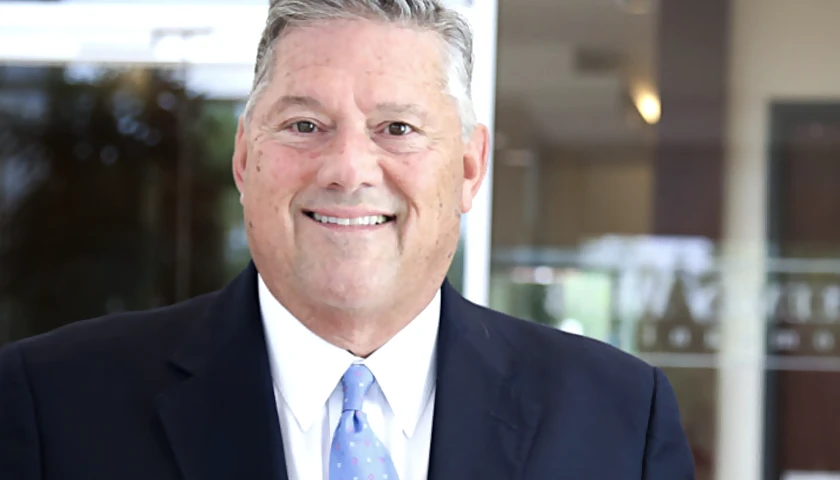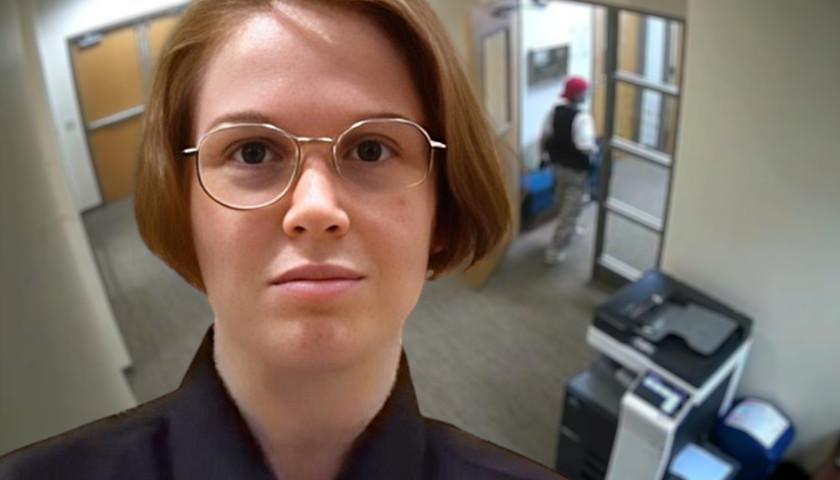by Evie Fordham
The Washington State Medical Commission (WMC) is taking a step to combat the high suicide rate among physicians by making physician licensing questions more friendly to doctors who have sought psychiatric help.
Updates to Washington state’s licensure questions will focus on an individual’s current impairment rather than if a doctor has had mental health problems at any point in the past. Many doctors fear their reputations and even licensure are at risk if they seek help from a psychiatrist for feelings of burnout or even suicidal thoughts.
 Currently, many doctors are “having to sneak out of town, pay cash and use a fake name” when seeking help from a mental health professional, family physician Pamela Wible told Kaiser Health News. She is a self-proclaimed “voice for ideal medical care” and has gathered more than 1,000 stories of doctor suicides for her website to help people better understand the issue.
Currently, many doctors are “having to sneak out of town, pay cash and use a fake name” when seeking help from a mental health professional, family physician Pamela Wible told Kaiser Health News. She is a self-proclaimed “voice for ideal medical care” and has gathered more than 1,000 stories of doctor suicides for her website to help people better understand the issue.
The WMC expects to update the questions in December after the changes were voted on in June, WMC Executive Director Micah Matthews told The Daily Caller News Foundation via email.
“Historically, medical license applications asked if the applicant has ever had any medical conditions or substance abuse that may impair their practice,” Matthews told TheDCNF. “The updates alter those questions to if they have current conditions or substance abuse issues.”
Many medical organizations are rethinking the policies they have in place because the physician suicide rate is double that of the general population and even higher than the military veteran suicide rate. The physician suicide rate is 28 to 40 per 100,000 individuals per year compared to approximately 12 per 100,000 individuals per year in the general population, according to data presented at the American Psychiatric Association’s 2018 annual meeting.
Licensing question changes like the ones that WMC is making are in line with 2018 wellness and burnout recommendations from the Federation of State Medical Boards, spokesman Joe Knickrehm told TheDCNF via email.
“The FSMB has heard encouraging news from a number of state boards that they are in the process of actively reviewing their licensing application questions,” Knickrehm told TheDCNF. “It is too early to tell how many boards have changed their questions, but we have heard from at least a dozen boards that are discussing it. It’s also important to note that not all boards do ask about an applicant’s mental health.”
The WMC’s updates also includes a safe harbor provision that operates in tandem with the Washington Physicians Health Program (WPHP).
“WPHP participants can answer ‘no’ to questions about impairing illness if they are ‘known to WPHP,’ which means that they have informed WPHP of their behavior or condition and they are complying with WPHP’s requirements for evaluation, treatment, and monitoring,” Matthews told TheDCNF.
“[This] creates an added layer of confidentiality [and] provides prospective license applicants with a powerful incentive to proactively seek assistance if needed,” he continued. “These changes are intended to reduce the fear of professional sanction and public disclosure of health information that are barriers to help-seeking among physicians.”
The WMC and WPHP hope the changes will encourage doctors to confront any mental health problems head-on. More than half of physicians have symptoms of burnout, which “manifests as emotional exhaustion, loss of meaning in work, and feelings of ineffectiveness,” according to a 2014 Mayo Clinic survey. Burnout can harm physicians’ mental health and even make them feel like taking their own lives is the answer.
Factors such as increased pressure on physicians and lack of contact with other physicians is contributing to burnout and other symptoms, Dr. Chris Bundy of WPHP told TheDCNF via telephone.
“Health care is a rapidly changing and dynamic environment, and it’s been hard for organizations to keep up,” Bundy told TheDCNF. “A lot of the changes have fallen squarely on the shoulders of physicians on the front lines of patient care, and now we need to redesign those systems.”
– – –
Evie Fordham is a reporter at Daily Caller News Foundation. Follow Evie on Twitter @eviefordham.





